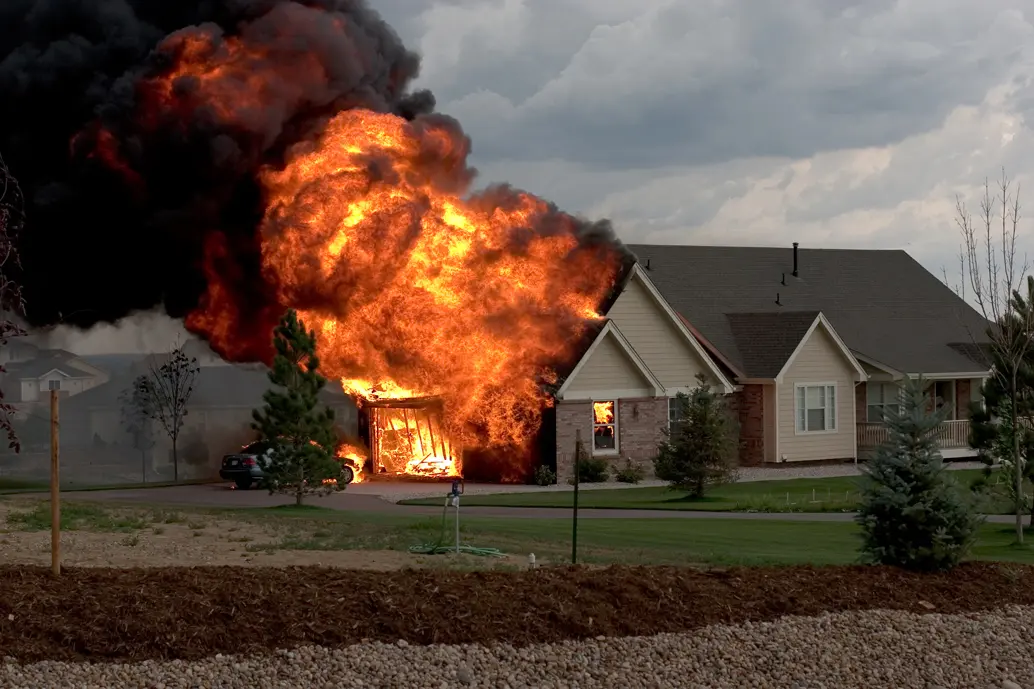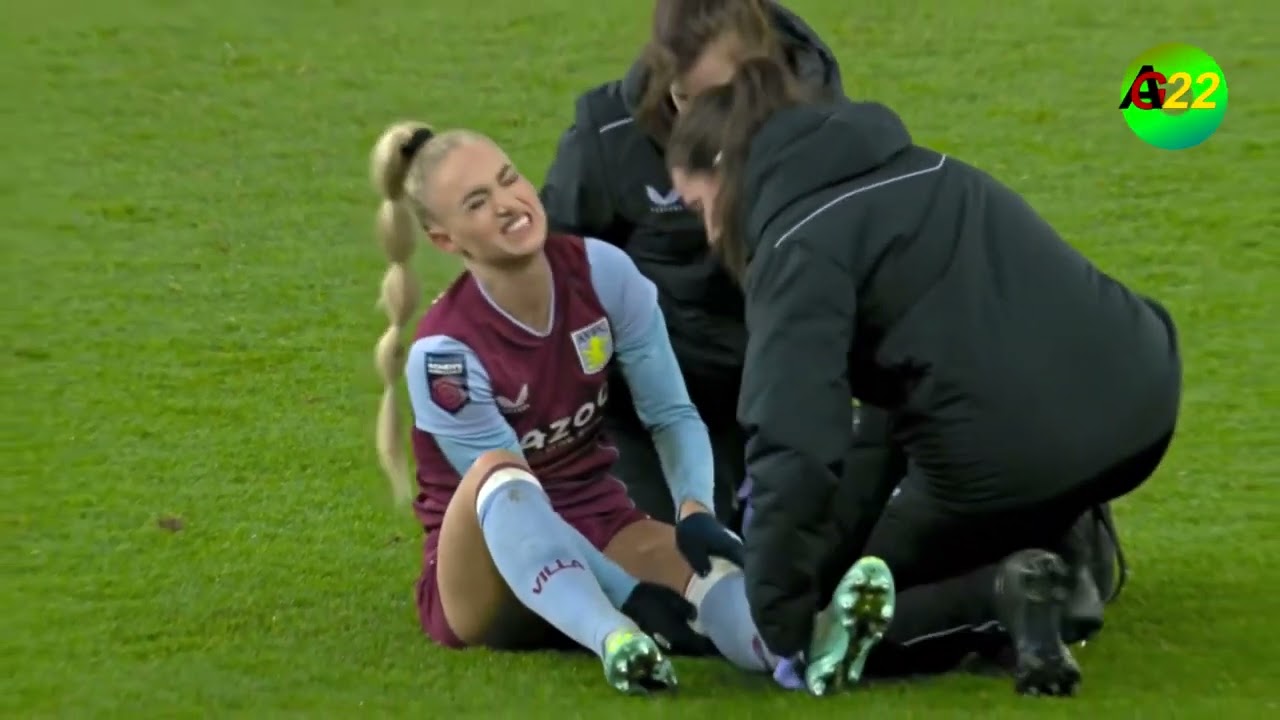The loss of a loved one can be not only emotionally devastating and overwhelming, but also financially burdensome. While no amount of money can replace the person who has been lost, there is a framework set-up in Alberta to allow those impacted by such a loss to receive financial compensation to assist with any financial hardship suffered.
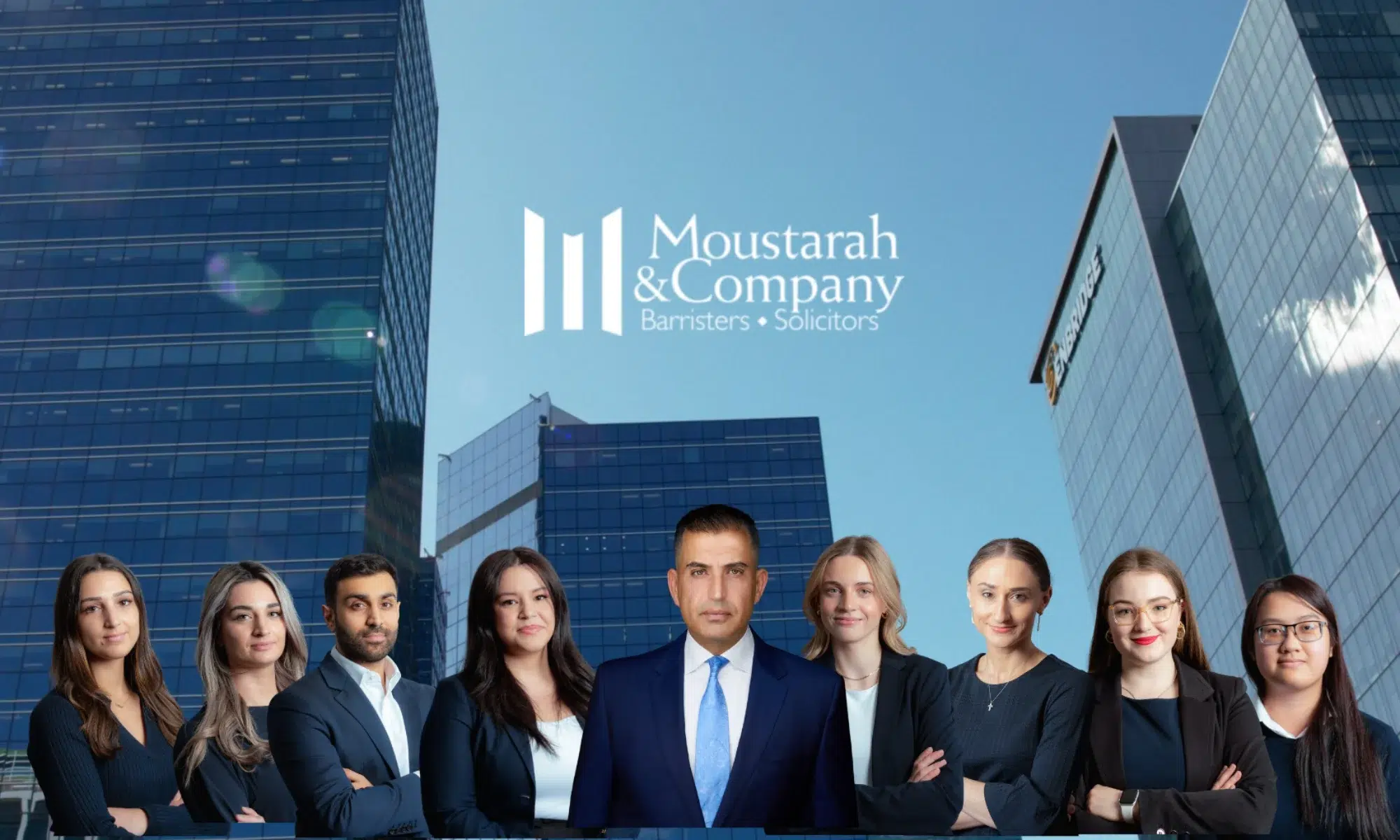

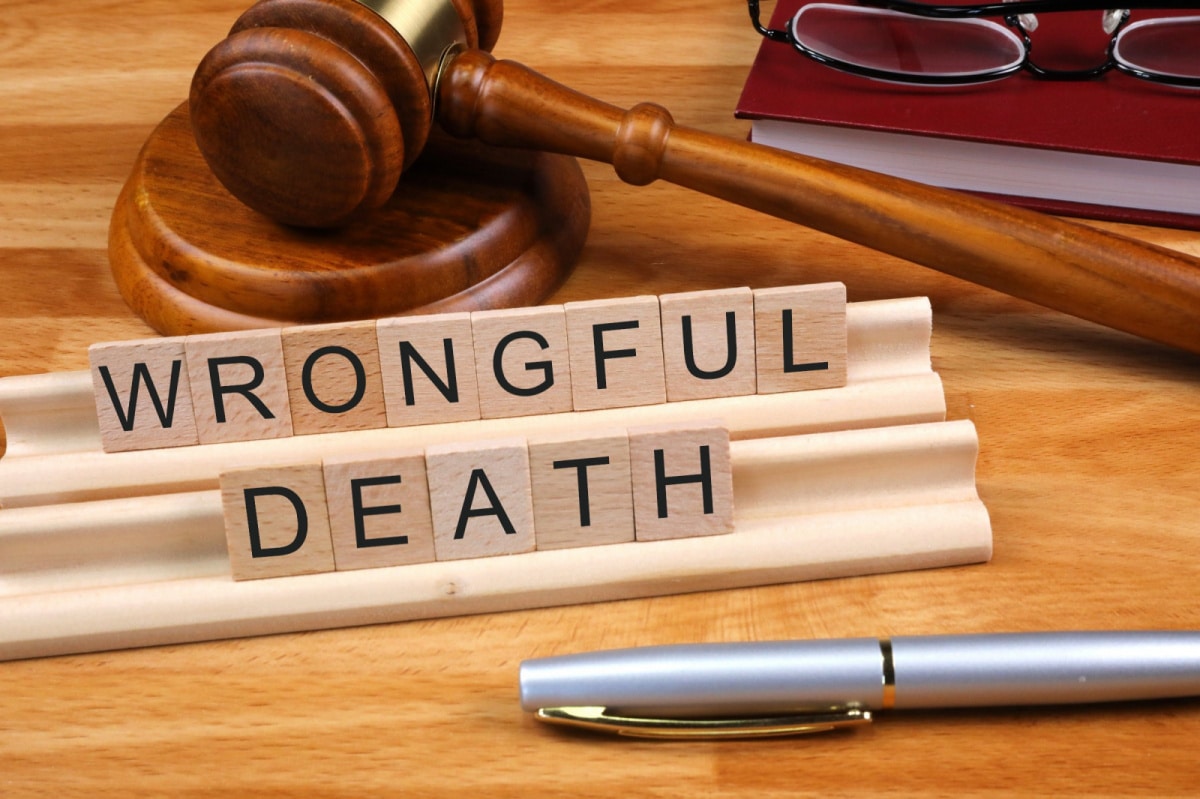

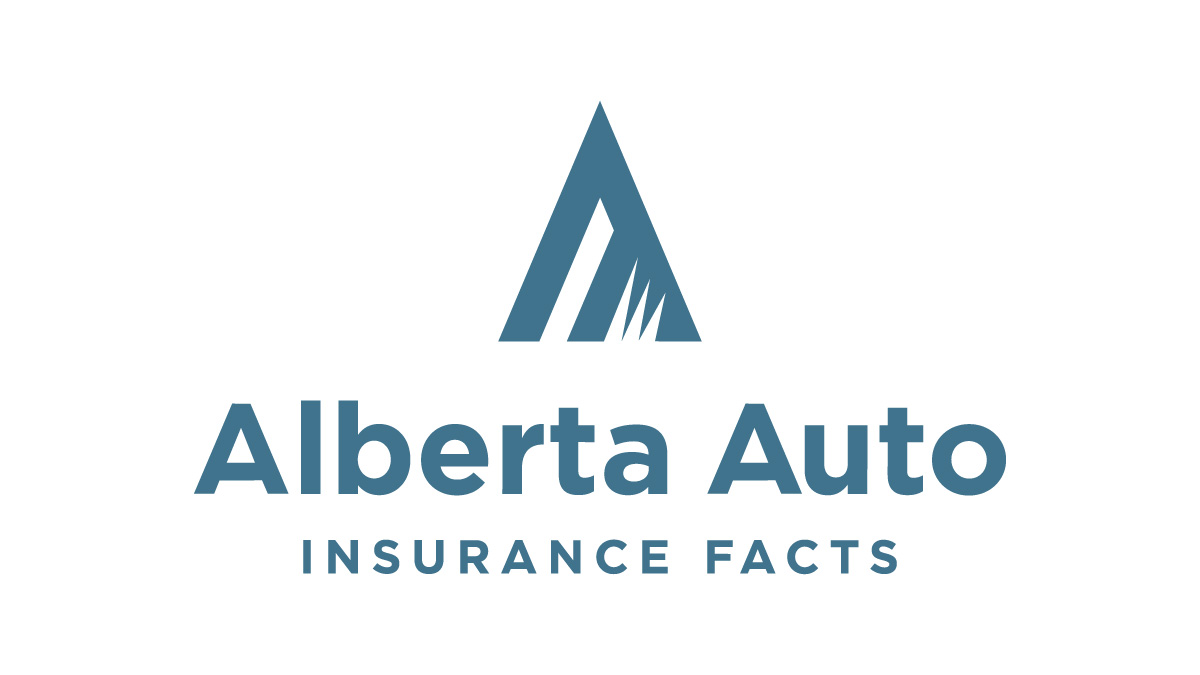 What is Direct Compensation for Property Damage (DCPD) in Alberta?
What is Direct Compensation for Property Damage (DCPD) in Alberta?